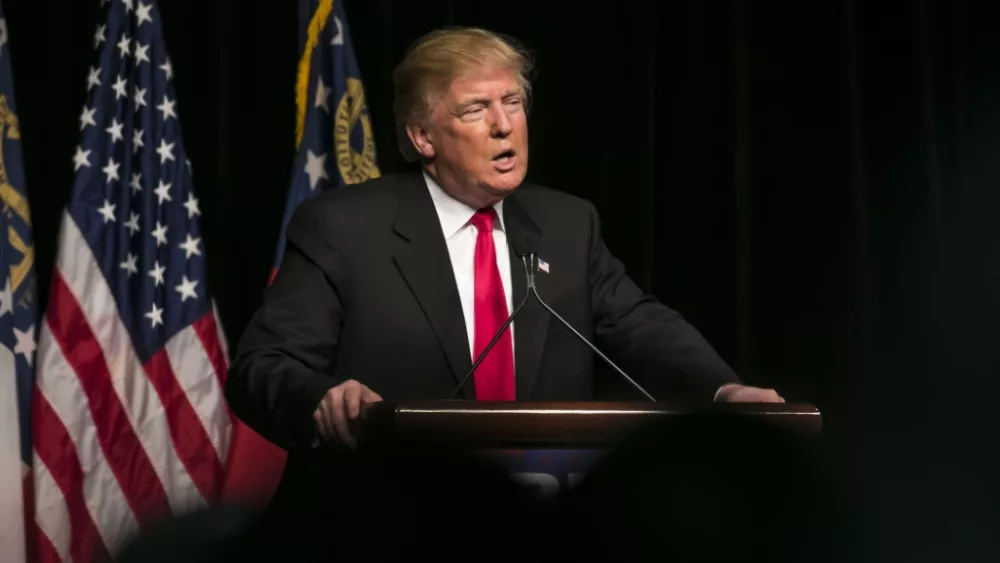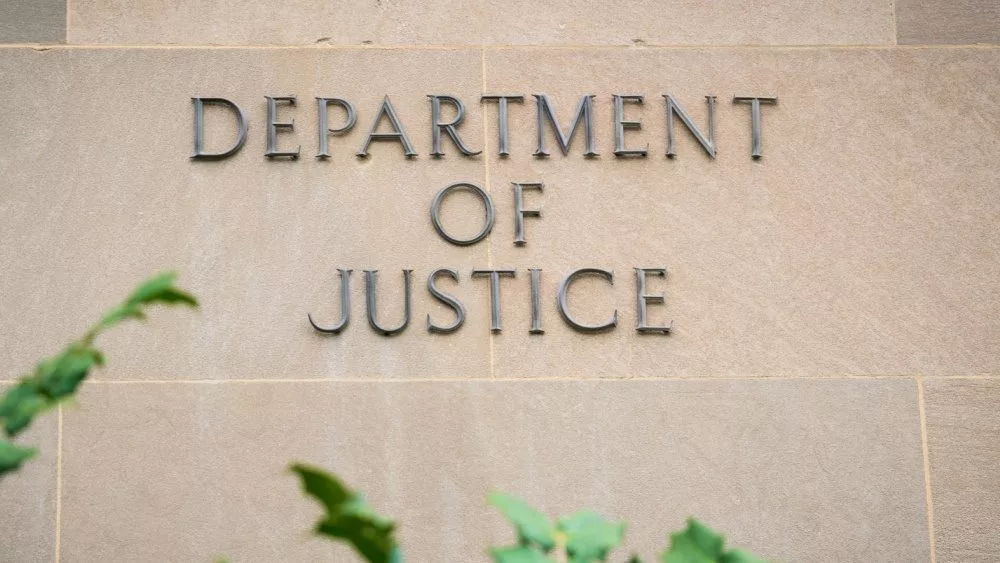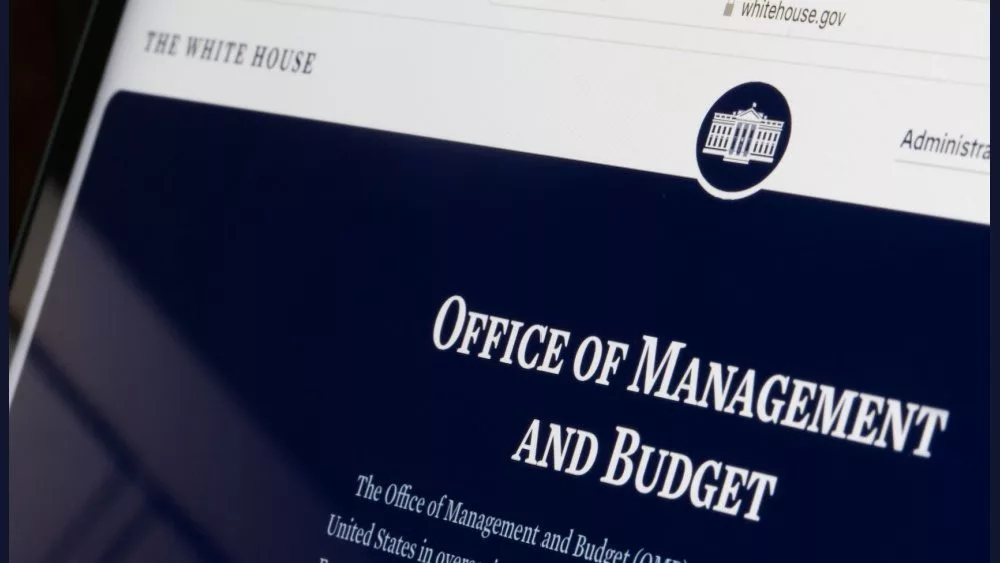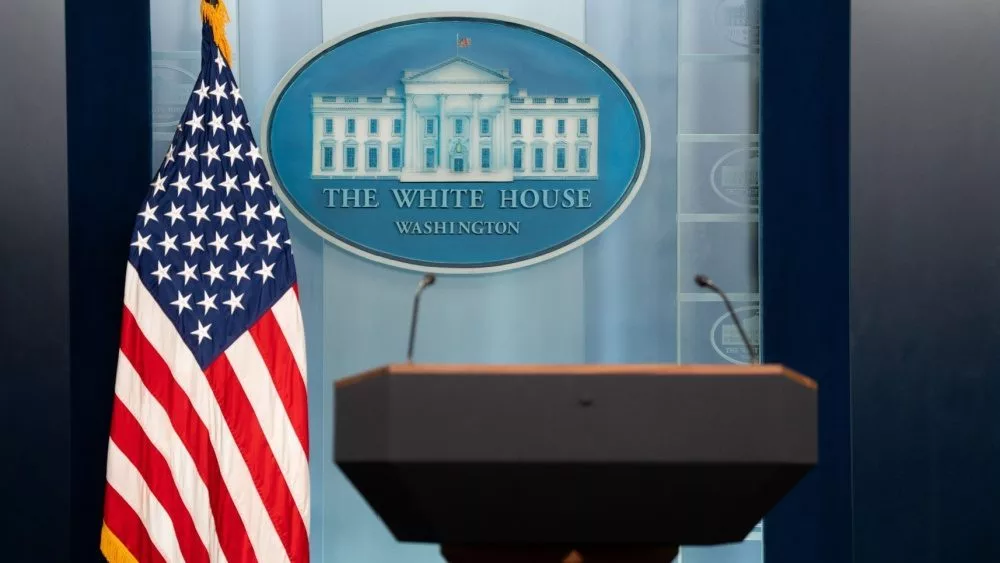
On Thursday, a Georgia judge upheld the criminal indictment against former President Donald Trump, rejecting Trump’s bid to overturn the 2020 state election interference case on the grounds they were protected under the First Amendment (per CNN.) Trump and 18 of his supporters pleaded not guilty in August 2023 to all charges alleging interference in the 2020 presidential election in Georgia; four of the co-defendants have since accepted plea deals in exchange for their willingness to testify against the other defendants.
Fulton County Superior Court Judge Scott McAfee said in his 14-page ruling that their right to protest the results of the 2020 presidential election did not protect them from the charges that District Attorney Fani Willis’s office brought. In his order denying the motion, McAfree argued that “even core political speech addressing matters of public concern is not impenetrable from prosecution if allegedly used to further criminal activity.” The judge wrote that “the Court finds these vital constitutional protections do not reach the actions and statements alleged by the State,” and their motions to dismiss are “therefore denied.”
Trump’s attorney Steve Sadow argued at a hearing held last week in Fulton County that the former president’s statements regarding the 2020 presidential election are “the zenith of protected speech” and that even false statements are protected under the First Amendment. However, McAfee determined the defendants had not presented “any authority that the speech and conduct alleged is protected political speech.”
In response to the ruling, Sadow in a statement wrote, “President Trump and other defendants respectfully disagree with Judge McAfee’s order and will continue to evaluate their options regarding the First Amendment challenges. It is significant that the court’s ruling made clear that defendants were not foreclosed from again raising their ‘as-applied challenges at the appropriate time after the establishment of a factual record …’”
Editorial credit: Grindstone Media Group / Shutterstock.com














